Mohamed
Salam Canal, Egypt
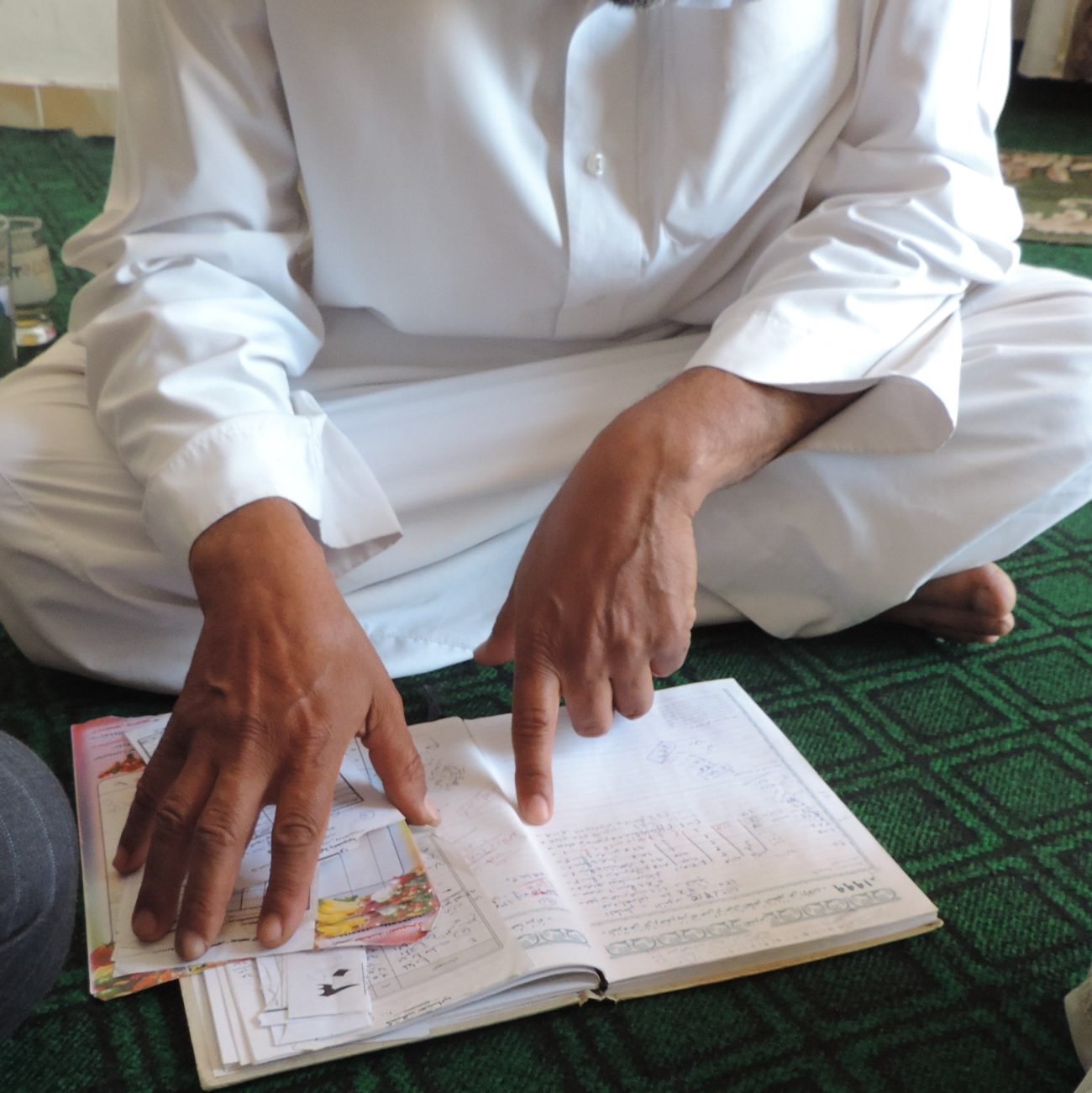
Mohamed is a graduate farmer with an agricultural engineering degree. He has land in the graduate village at the tail of the branch canal. Like other graduate farmers, he has received 5 feddan (2,1 hectares) on which he cultivates different crops.
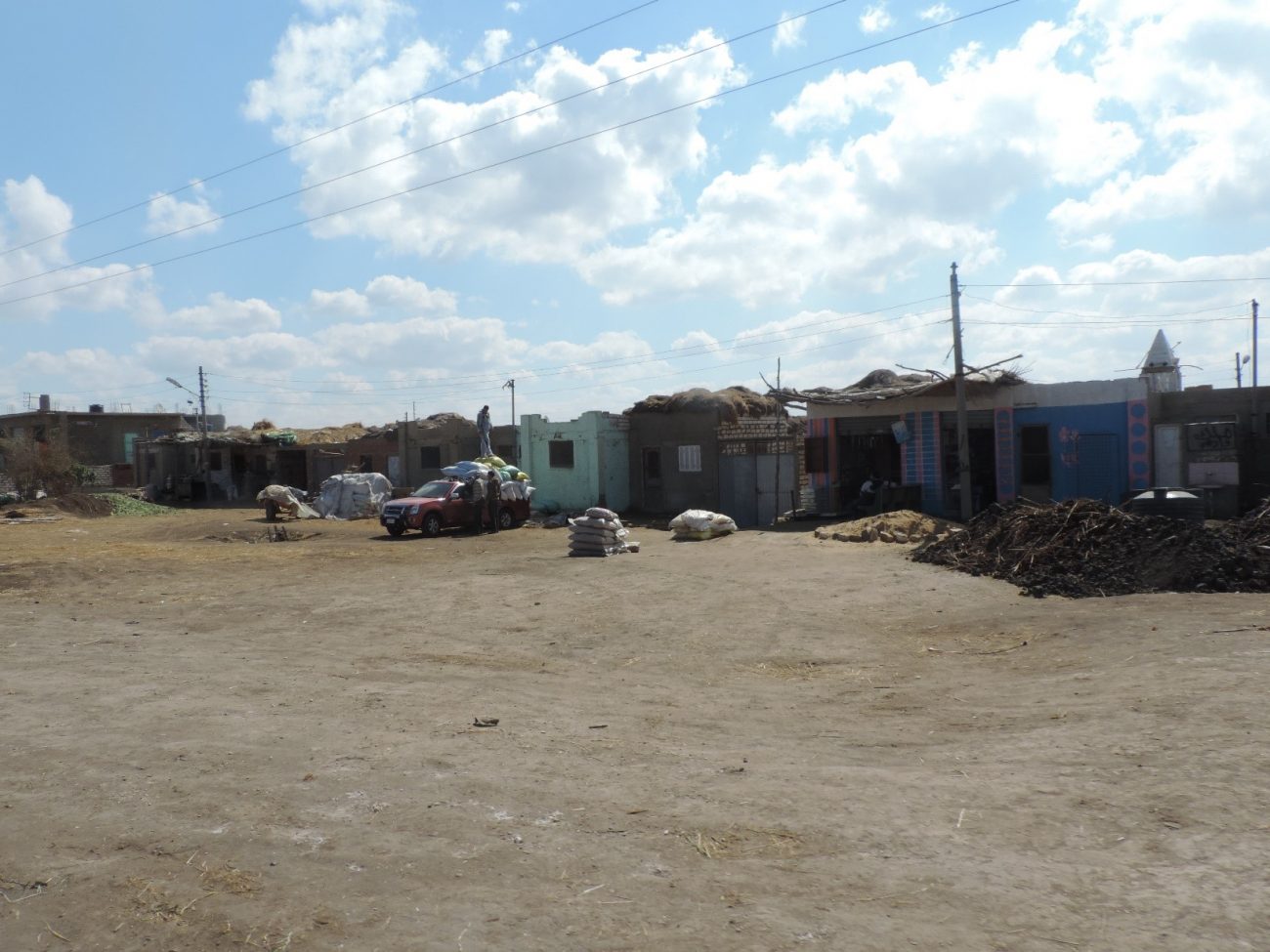
In 1994 Mohamed came from his village in the nearby Governorate of Sharqiya and he received his land and his 200 m2 house in the village. At that time the village lacked the most basic services: irrigation water, drinking water, finished houses, electricity, schools, roads, etc., which is why many beneficiaries decided to postpone living in the area and to sell or lease their land.
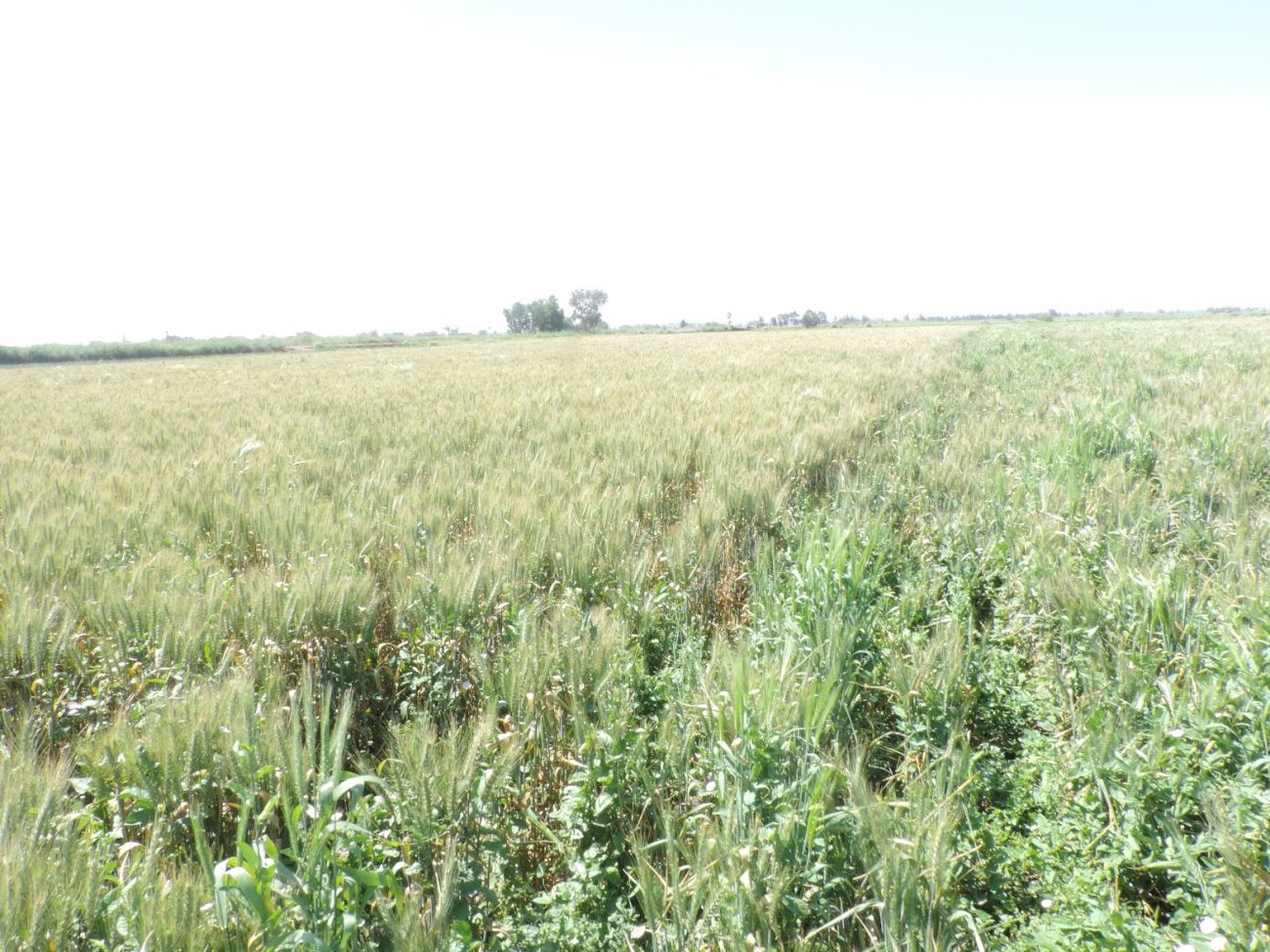
His brothers and sisters at home asked him, using an Egyptian expression: “why do you throw yourself in the fire, by going there?”. He seriously doubted whether to leave the land or not. Around that time, he had a dream in which he buried his father in his own land. This was like a sign to him and he felt comfortable about staying here. So he decided to further invest in and develop his farm. Mohamed belongs to the estimated quarter of original graduate farmers who have continued farming after those difficult early reclamation years.

Although the branch canal was built around 1994, Mustafa only started producing when he saw that there was water (1996/97). During his first settlement years, Mohamed was growing wheat and barley in winter, because of the lack of reliable water access at the tail of the canal in summer. Besides responding to water scarcity in quantity terms, they also faced water quality concerns, since much of the water that reached the tail was saline water that was released from upstream and surrounding fish farms, which they could not use.
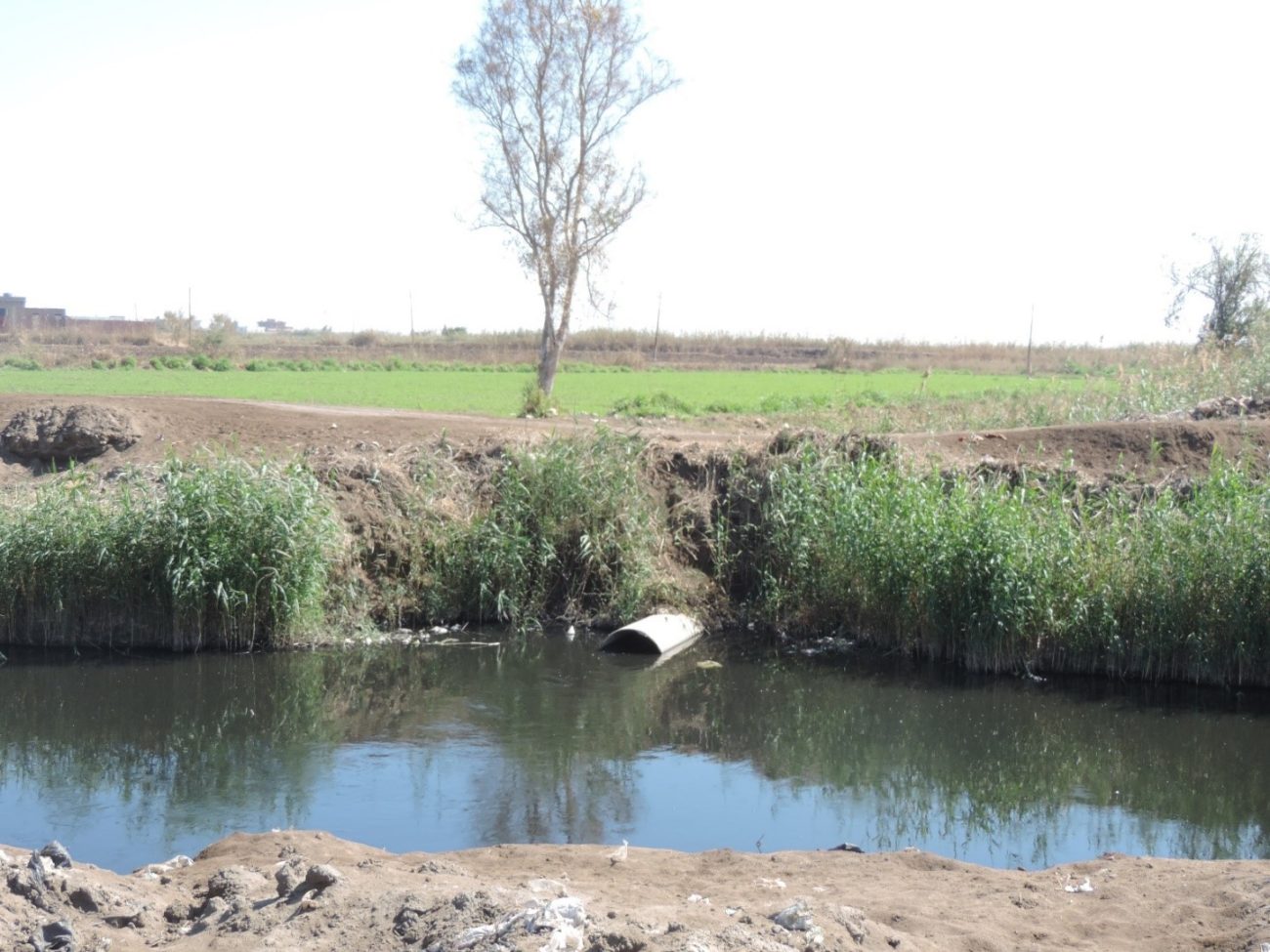
Because of the water problems on the branch canal, which was meant to serve their land, the farmers collectively took action. In 2006, they decided to collect money among themselves to construct a connection with Bahr El Baqar (BB), from which they use the water now. BB is the major drain that comes from the delta and holds a mixture of drainage, sanitary waste and industrial water. Some people praise the water for its fertile nature, others are concerned about its quality. However, at the tail of the Branch Canal there is no alternative for using this water, since it is their only reliable water source. Their livelihoods depend on it.
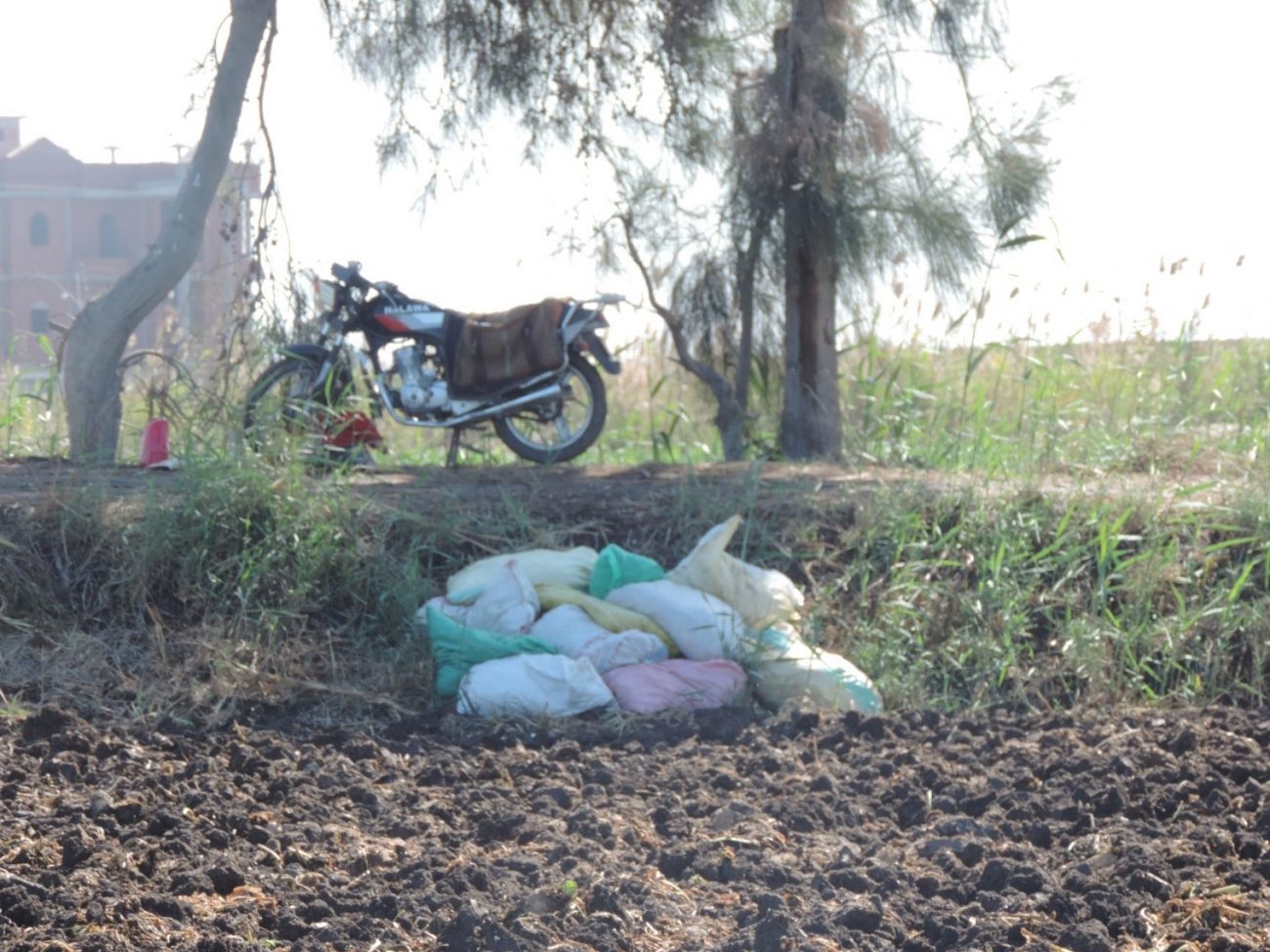
Mohamed’s wife works as a school teacher in the area and together they have three daughters and one son. As parents they believe in the power of education, which is why they are educating their children. His son helps him now and then on the land, but his wife and daughters are not directly involved in agriculture. Mohamed states that he wants his children to be better off than him. Nevertheless, he thinks they will remain connected to their land and will not sell it. The land is like his blood.
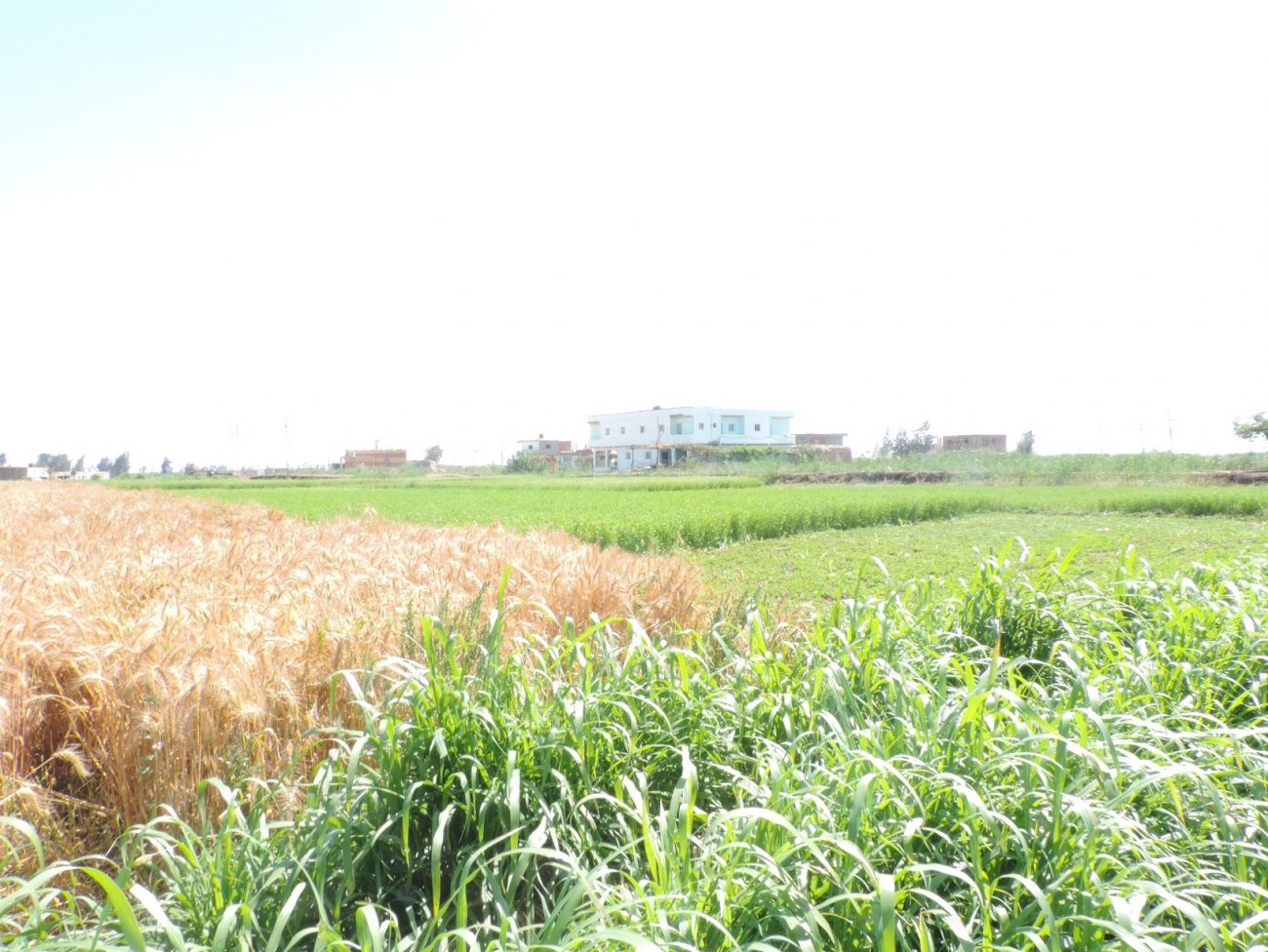
Mohamed’s brothers and sisters changed their minds. Now they are convinced that his decision to stay on, keep and develop his land and their life in the graduate village was a wise one. Usually he prays before he makes a decision, when he bought the land, when he got married, and afterwards they turned out to be the right decisions.
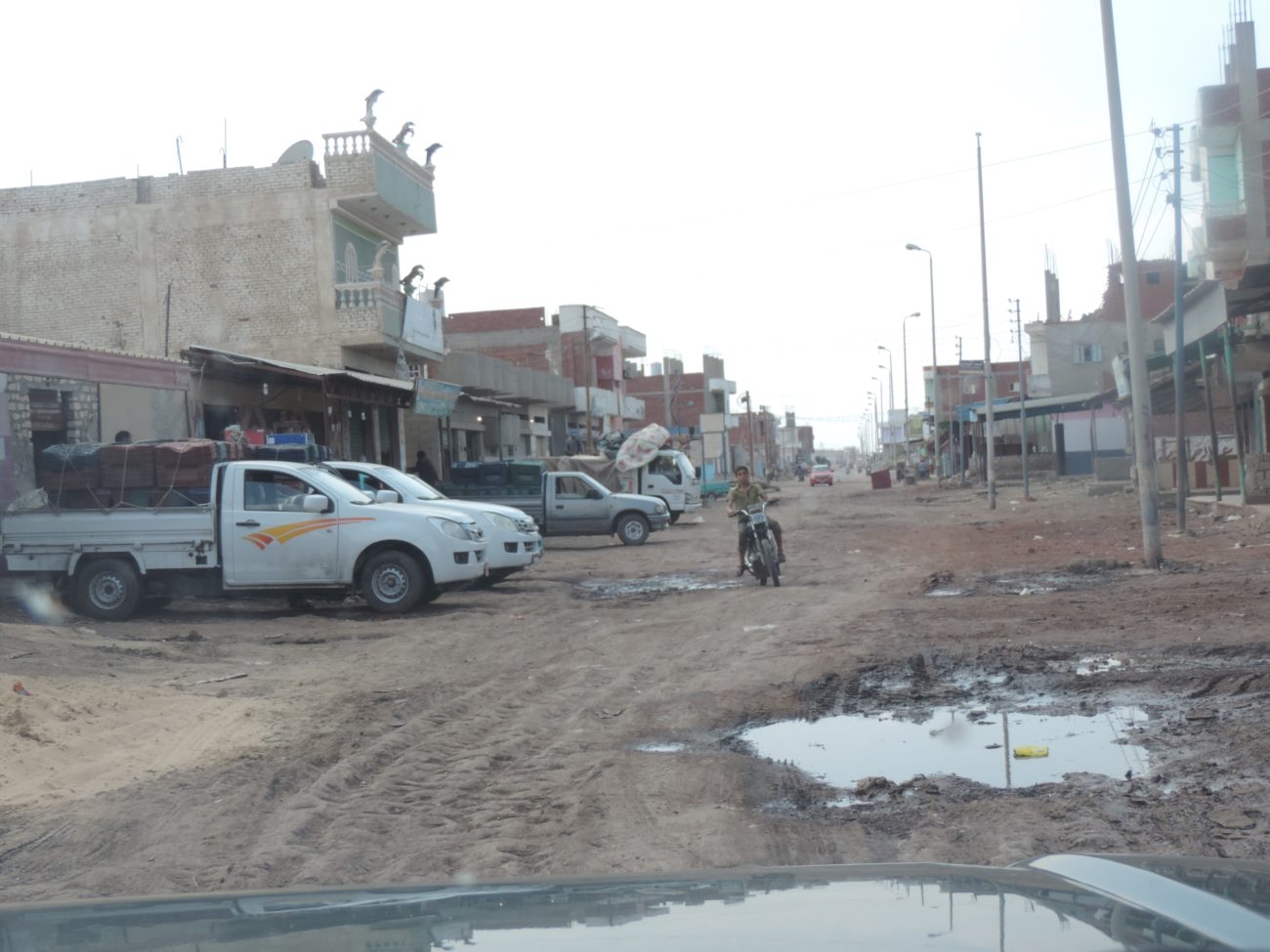
The plan of the Salam canal was a good idea, but was not implemented in the right way, according to Mohammed. There were several cases of corruption. What happened, happened. The government paid large amounts of money to companies to develop the area, but you see now that it has resulted in: low productivity. The area could still be developed better.

